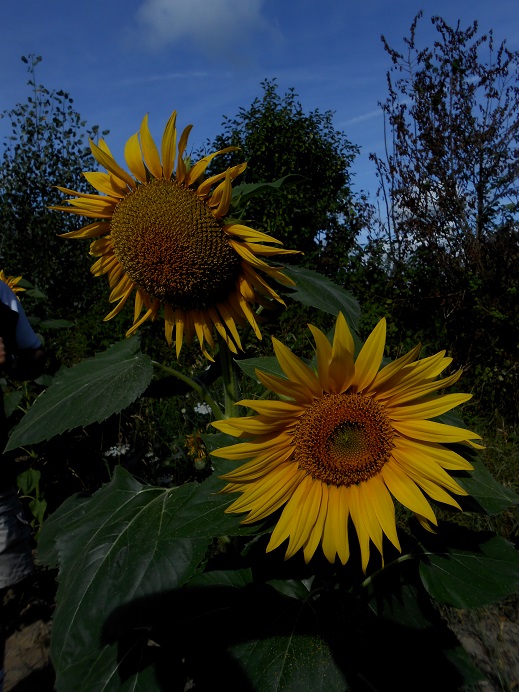Migration is not a Solution: Youth have potential to be their own biggest assets

The location of businesses, organizations and government ministries in towns and cities is what drives the youth out of rural areas leaving agriculture to the old and frail Says Aidah Agwang. Ms Agwang is a Communications Officer at Childsifoundation in Uganda, an organization that protects the rights, nurtures and provides opportunities for positive growth and development for children.
She argues that rural urban migration is what has killed the agricultural sector in Uganda because of a number of reasons but advises that what should be done is to show agriculture to be rewarding and not as a last resort for most young people. This she says requires concerted efforts from everyone including governments, stakeholders and international agencies.
She continued that the diagnosis of the movement of youth into urban areas requires advocacy and showcasing of successful agricultural enterprises initiated by fellow youth to motivate them and attract them to the sector. There should also be training courses designed in schools at an early stage that teach both modern and traditional forms of agriculture to youth so that agriculture becomes a desirable sector for youth.
Most educated youth are so ambitious and often look for better jobs and ways of making quick money to gain riches and fame within a short period of time and they just dont see this in agriculture. This is also one of the reasons why most of the educated class from the South migrates to the North. Ms. Harriet Adong is a Gender and Land Rights Activist in Uganda and concurs with Ms. Agwang that indeed, the solutions to youth needs and wants for better livelihood opportunities, better jobs, better housings, and good lifestyles lies within the youth themselves and that youth have potentials that they can tap to be the best they can be and hence they are their own biggest assets.
Today, there are many young people doing inspiring work in Agriculture and making a handsome living out of it. Mr. Ogalo, is a 32 year old Veterinary Doctor in Uganda. He graduated from the University 7 years ago and due to challenges to getting formal employment in towns, he moved back to the village to set up his own agriculture business. Today, he ventures into poultry business and fruit farming. He has got better market opportunities for his products in his home District of Soroti in Eastern Uganda. Mr Ogalo can no longer imagine the hurdles of getting back to town to look for jobs and all the challenges associated with it including renting. His business is continually growing and he envisages a brighter future in his fruit and poultry farming. In addition to his businesses, he also offers consultancy services for his rural communities as a veterinary Doctor. These and many others are successful initiatives done by youth that can inspire fellow youth.
As a young farmer myself, I also see the challenges in addressing youth migration but also believe that one step at a time approach is important in mitigating this problem and as already mentioned, the potential is within us young people to rise to the occasion, challenge the social and cultural perceptions about agriculture, show case our successful initiatives sharing experiences and challenges and spreading the word for more involvement of young people into the agricultural sector.
Migration therefore is not a solution. Young people have potentials which they can turn to be their own biggest assets. Youth in schools should be taught to harness their unique skills and interest and grow them so that they can turn this into projects and instead become job creators but not job seekers. This can minimize youth mindsets about urban migration Concludes Ms Agwang, of the Childsifoundation in Uganda.
Picture credit: Marina Cherbonnier - "Catch the Sun; Create Opportunities!"
Moses Owiny is a Youth farmer and active YPARD member. He is also the Information and Youth ICT4D Officer at the Women of Uganda Network. His interests are into agriculture, gender, ICT4D and web 2.0 and social media
Related Posts
Comments
By accepting you will be accessing a service provided by a third-party external to https://archive.ypard.net/

